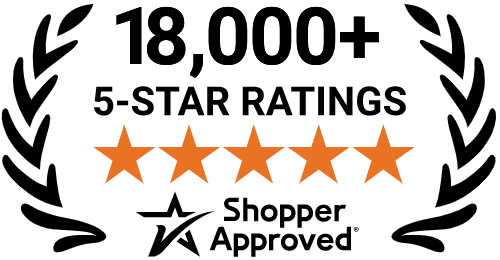How to Protect Your Eyes With Sunglasses
You presumably realize that an excessive amount of introduction to the sun's bright (UV) beams can cause burn from the sun and skin malignant growth. Stretched out an introduction to the sun's UV beams has been connected to critical eye issues, including waterfalls, macular degeneration, pingueculae, pterygia, and photokeratitis.
Sunglasses with a camera make you look cool and would one say one are of scarcely any design articulations that never leave style, yet have you at any point pondered about the fantastic work they do of ensuring your eyes? We realize that being presented to a brilliant wellspring of light can prompt certain eye issues, yet consider the possibility that you had a gazing challenge with our nearest star. Indeed, the short answer is that you would go visually impaired or welcome changeless harm to your eyes. Before we investigate how shades secure our eyes, we should think about what might occur without them.
The level of harm that one's eyes are presented to is straightforwardly corresponding to the measure of introduction one has to the possibly unsafe beams of the sun.
Great shades can be alluded to as incredibly successful 'light conditioners.' They change the approaching light that arrives at your eyes. There are two crucial ways that we see shading. Direct light goes directly from the light source (e.g., the sun) to your eyes. An excess of direct light can clean out the subtleties of your environment and make it practically excruciating to attempt to concentrate your vision on any a certain something. Reflected light, as a rule as glare, is light that skips off an intelligent item before entering your eyes. Much the same as immediate light, solid reflected light can make it hard to see subtleties or straightforwardly see an article. Day off, glass, and white sand are largely superb reflectors.
You have to wear shades that are 100% UV at any point outside in light to protect your eyes from harmful radiation dependent on the sun. Your eyes need insurance even on shady days on the grounds that the sun's harming UV beams can infiltrate overcast spread.
Cost doesn't really make a difference; even reasonable shades can take care of business—simply search for a sticker or label promoting UV security"Similarly, UV security is not at all about polarization," he says.
The size of the focal points additionally has any kind of effect. "The greater the better," she says. A recent report from Swiss professionals indicates that large shades blocked more UV than littler beams and that UV-Blocking Glasses provided the utmost protection. "They are scattered beams from all sides, with little John Lennon glass around them."
Many components that work together to ensure your vision at daylight consist of the highest quality shades.
UV Cover:
The UV cover is the real legend and is the most important component of good colors. Much the same as sunscreen shields your skin from perilous UV light, UV covering can be added to your plastic focal points to help square unsafe beams from making harm your eyes. Glasses produced using polycarbonate as of now have UV security inherent, so get some information about which choice bodes well for you.
Mirror Covering:
Mirror covering on shades is the primary line of the guard in the battle for shielding your eyeballs from UV light. The covering is applied to the front of your focal points and works by reflecting light away from your eyes – simply like, you got it, a mirror. In addition to the fact that this helps abstain from squinting and eye fatigue (and that agonizing cerebral pain thus), yet it additionally assists channel with the trip the unsafe daylight from arriving at your eyes.
Hostile to Intelligent (AR) Covering:
Hostile to intelligent covering, or AR covering, dispenses with those annoying reflections and takes into account a much more clear picture by keeping light from reflecting off the back surface of your sunnies. Spy Sunglassesoutlines with a skintight wraparound the style gives the best insurance since they limit how much daylight arrives at your eyes from all sides. Wearing shades can shield an individual's eyes from every one of these worries. Be that as it may, not all shades are made equivalent. "It doesn't make a difference how dim they are or the shade of the focal points," Taylor says. "The most significant thing is that the shades square 99 to 100% of UVA and UVB beams."




